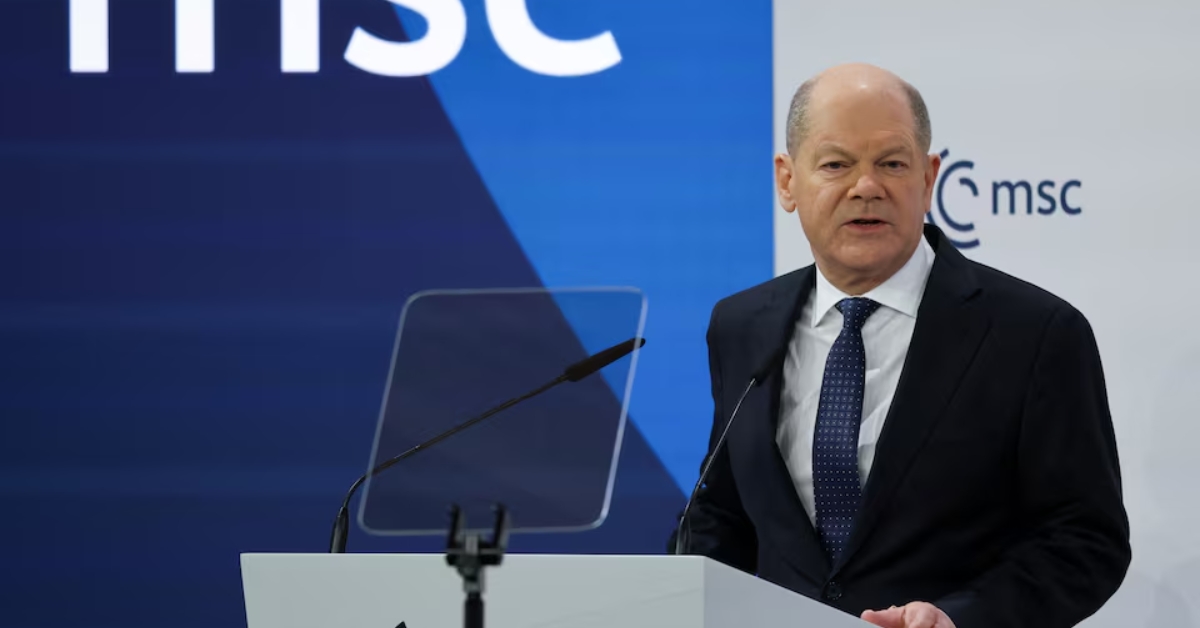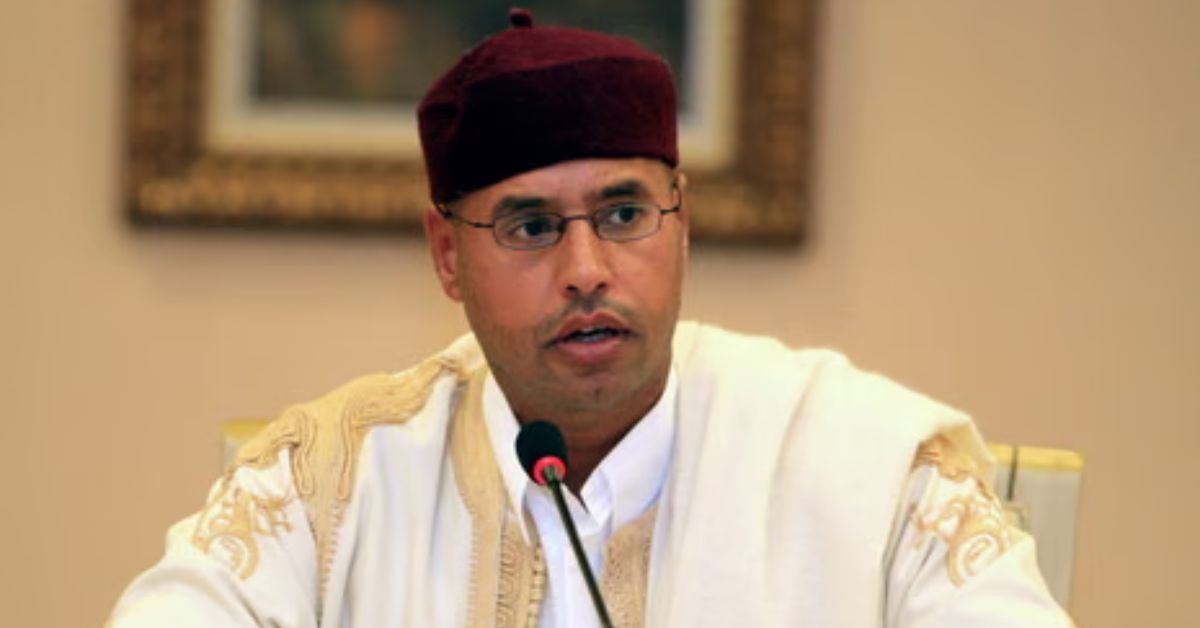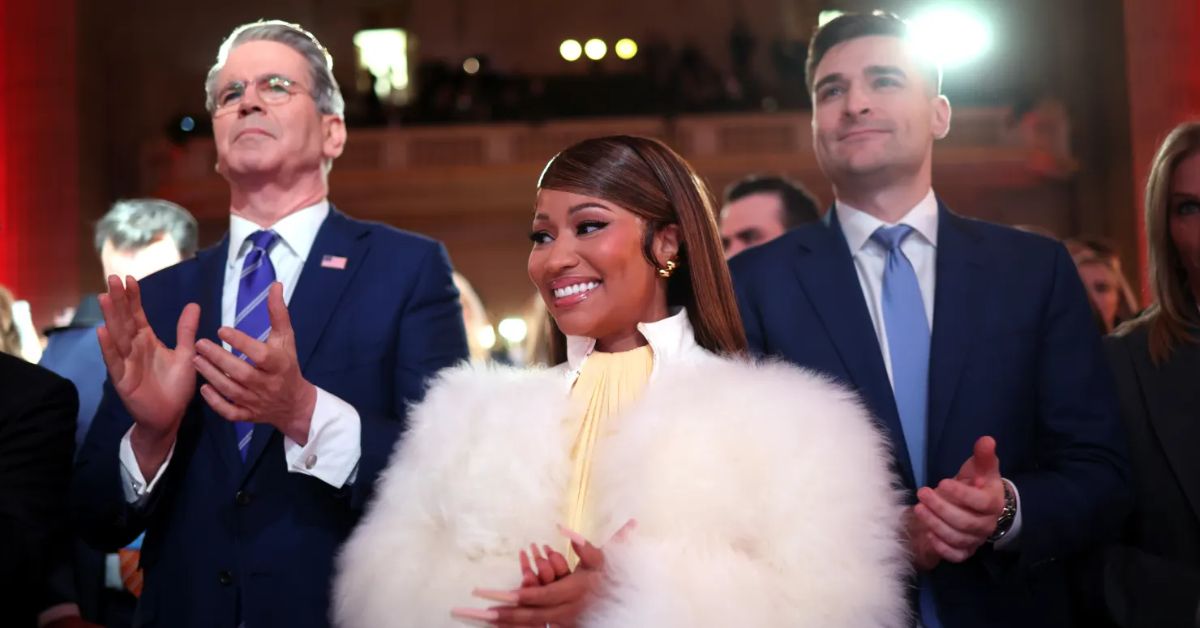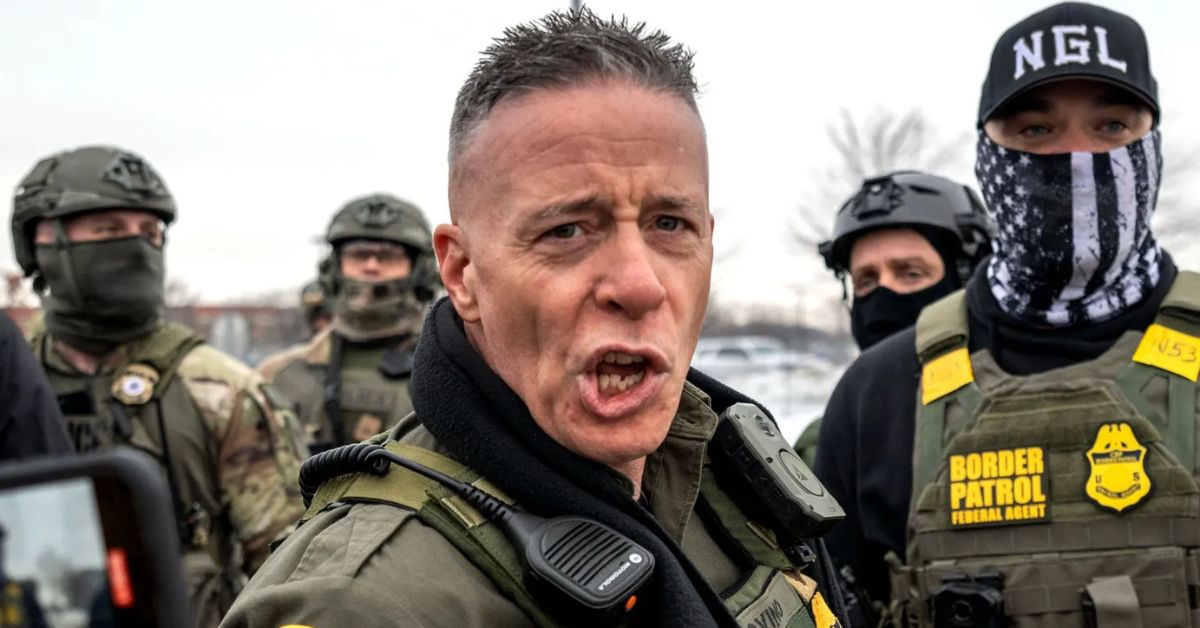German Chancellor Olaf Scholz strongly rebukes U.S. Vice President JD Vance for endorsing far-right politics in Germany, signaling growing U.S.-Europe tensions.
Table of Contents
Germany and the United States face rising diplomatic friction after German Chancellor Olaf Scholz openly rebuked U.S. Vice President JD Vance for his comments on European governance and meeting with Alternative for Germany (AfD) co-leader Alice Weidel. Speaking at the Munich Security Conference, Vance claimed that the greatest threats to Europe were internal rather than external, accusing European leaders of suppressing free speech and refusing to engage with nationalist movements.
His remarks, coupled with a private meeting with Weidel, sparked outrage in Berlin, where mainstream parties have firmly rejected any association with the AfD, a party known for its anti-immigration, nationalist, and Euroskeptic policies. Scholz responded sharply, warning that Germany would not tolerate foreign interference in its democracy or elections.
Why It Matters
Vance’s speech was expected to focus on U.S. policy toward Ukraine, a key topic at the conference. Instead, he shifted his attention to European domestic politics, criticizing EU governance and advocating for the inclusion of nationalist parties like the AfD. His remarks have raised concerns among European leaders, suggesting a potential shift in U.S. foreign policy under the Trump administration—one that could challenge the post-war democratic consensus in Europe.
Adding to the controversy, Vance’s meeting with Alice Weidel was seen as an endorsement of Germany’s far-right movement. While the AfD gains support in some regional elections, it remains politically isolated in Germany. Scholz and his Social Democratic Party (SPD) have ruled out any collaboration with the AfD, citing its extreme positions on immigration, the European Union, and Germany’s historical responsibility.
Political analysts argue that Vance’s speech reflects the Trump administration’s growing alignment with nationalist movements across Europe, signaling a departure from previous U.S. policy, which traditionally supported Europe’s mainstream democratic institutions.
Scholz’s Firm Response
Speaking at the conference, Scholz delivered a direct and unequivocal response. “We will not accept outsiders intervening in our democracy, our elections, or our political discourse in favor of any party, especially not the far-right,” he declared.
His remarks were widely interpreted as a rebuke of Vance’s comments and the Trump administration’s broader engagement with nationalist figures in Europe. Scholz clarified that Germany’s approach to democracy is rooted in its post-war history and that far-right ideologies are incompatible with its democratic values.
Scholz’s rejection of Vance’s stance also comes at a critical time for Germany’s upcoming elections on February 23. The AfD has been gaining ground in certain regional strongholds. His firm position is expected to reinforce mainstream German parties’ stance against the far right while setting clear boundaries for U.S. engagement in European domestic affairs.
A Shift in U.S.-Europe Relations?
Vance’s remarks suggest that the Trump administration is willing to take a more interventionist stance in European political dynamics, aligning with nationalist movements that centrist and left-leaning governments have traditionally sidelined.
Political analyst Daniela Schwarzer, Executive Director at Open Society Foundations Europe, noted that Vance’s speech marked a turning point in transatlantic relations. “This is not just about free speech or political debate—this signals a shift in U.S. foreign policy that could reshape U.S.-Europe relations. The Trump administration appears willing to challenge Europe’s political status quo, which could have long-term consequences for EU-U.S. cooperation,” Schwarzer explained.
Michael Butler, a professor of political science at Clark University, echoed similar concerns, warning that Vance’s comments overshadowed more pressing strategic discussions, particularly on Ukraine. “Instead of focusing on security cooperation, the conference was used to push an ideological agenda. This could weaken diplomatic efforts when unity is crucial,” Butler stated.
Looking Ahead
Germany’s national elections on February 23 will serve as a key test for Scholz’s Social Democratic Party (SPD) and its commitment to rejecting far-right influence. While the AfD has gained momentum in some regional elections, mainstream parties continue to isolate it politically. However, Vance’s implicit endorsement could embolden AfD supporters, adding an unexpected twist to the upcoming vote.
Meanwhile, the Trump administration’s evolving approach to Europe will be closely watched. The Munich Security Conference highlighted growing ideological differences between Washington and its traditional European allies. If the U.S. continues actively engaging with nationalist parties across Europe, this could further complicate cooperation on issues like NATO, Ukraine, and transatlantic trade.
As Europe navigates political and security challenges, the debate over nationalism, democratic values, and foreign influence is set to intensify. The outcome of Germany’s elections and the trajectory of U.S. foreign policy will play a crucial role in shaping the future of international relations.






